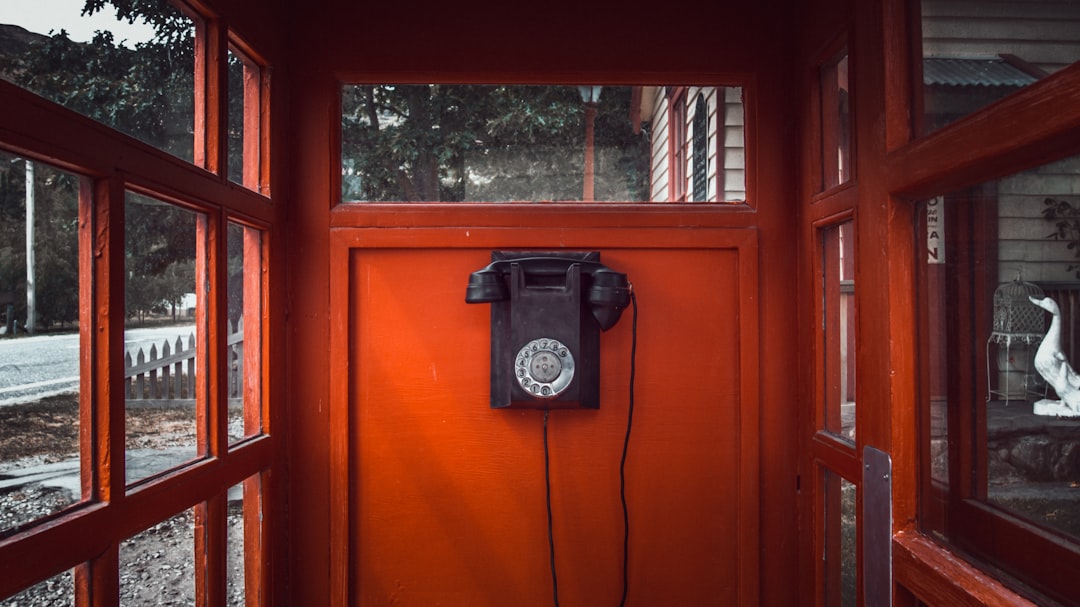In California, including Fresno, automated or robocalls are regulated by state and federal laws, notably the Telephone Consumer Protection Act (TCPA), designed to protect consumers from unwanted or deceptive telemarketing. If you've received unsolicited robocalls, understanding your legal rights under the TCPA is crucial. You may have grounds for a lawsuit if calls were made without your prior express consent, as California's implementation offers substantial remedies and damages per violation. To proceed, gather evidence like call logs and recordings. The process involves identifying the caller, confirming TCPA violations, and consulting a specialized attorney or filing a lawsuit in court. Winning lawsuits can halt future robocalls, set precedents, and protect privacy rights, empowering individuals to take action against intrusive phone calls.
Tired of unwanted calls flooding your Fresno phone lines? You’re not alone. Robocalls, or automated telephone calls, are a common nuisance, but understanding your rights is key. This guide breaks down everything you need to know about suing for unwanted calls in California. Learn when it’s valid to take legal action, the steps involved, what evidence is required, and potential outcomes. Discover if you can indeed say ‘stop’ to robocalls once and for all.
Understanding Robocalls and Their Legal Status in California

In California, robocalls—automated phone calls delivered en masse using a computer system—are regulated by state and federal laws designed to protect consumers from unwanted or deceptive telemarketing practices. The Telephone Consumer Protection Act (TCPA) prohibits certain types of automated phone calls without prior express consent. If you’ve received robocalls in Fresno, understanding these legal protections is crucial when considering whether to sue.
California’s implementation of the TCPA offers substantial remedies for consumers affected by unwanted calls. It allows individuals to file lawsuits against telemarketers or call centers that violate the law, seeking damages for each violation. If you can prove that a robocall was placed to your phone without your consent, you may be entitled to compensation. The process of suing for robocalls involves gathering evidence, such as call logs and recordings, to support your case.
When Is It Valid to Sue for Unwanted Calls?

If you’ve been receiving unwanted calls in Fresno, California, and feel your rights have been violated, knowing when to take legal action is essential. In California, robocalls or automated telemarketing calls are regulated by the Telephone Consumer Protection Act (TCPA). This federal law prohibits companies from making certain types of automated calls without prior consent. If you’ve explicitly opted-out of receiving such calls and continue to get them, it’s a valid case for legal action.
Suing for unwanted calls is a viable option when these automated messages are considered harassing or cause emotional distress, leading to a significant impact on your daily life. Many cases involve repeated robocalls that disrupt your peace, waste your time, or lead to financial loss. If you can demonstrate that the calls were made without your consent and caused tangible harm, you may have grounds to file a lawsuit for damages under the TCPA.
The Process of Filing a Lawsuit Against Robocallers

When dealing with relentless robocalls, many Californians wonder if they can sue for unwanted calls in Fresno or other areas of the state. The process to file a lawsuit against robocallers involves several steps. Firstly, gather evidence such as recordings or logs of the calls, which can serve as proof that you’ve been subjected to automated telemarketing calls without prior consent. Next, identify the caller and determine if they are in violation of the Telephone Consumer Protection Act (TCPA). The TCPA prohibits automated calls from robocallers unless certain conditions are met, such as having your explicit permission.
Once you’ve confirmed a violation, consult with an attorney who specializes in telemarketing law or consumer rights to understand your legal options. They can guide you on the best course of action, which may include sending a cease and desist letter to the caller or filing a formal lawsuit in court. In California, consumers have rights under state laws as well, so be sure to familiarize yourself with both federal and local regulations to strengthen your case when suing for robocalls.
Evidence Required to Prove Unwanted Calls

When considering whether to sue for unwanted calls, specifically robocalls, in Fresno, California, understanding what evidence is required is crucial. To successfully take legal action against a company making nuisance calls, you’ll need concrete proof of the violations. Collect recordings or logs of the incoming calls, which can serve as irrefutable evidence in court. These records should include the date and time of each call, along with details about the caller’s identity, if possible.
Additionally, any documentation related to your interactions with the company—such as messages left on your voicemail or text communications—can be used to demonstrate the frequency and nature of the unwanted calls. Keep in mind that California law protects consumers from certain types of automated or prerecorded telephone calls, often referred to as robocalls, without prior explicit consent. Thus, evidence showing that you have not given permission for such calls is pivotal in your case.
Potential Outcomes and Rewards of Suing for Robocalls

When considering suing for unwanted calls, specifically robocalls in Fresno, California, understanding potential outcomes is crucial. If successful, individuals can expect substantial rewards that go beyond monetary compensation. The process may result in a court order requiring the violator to stop making automated phone calls to any numbers on a designated “do not call” list. This can effectively halt future robocalls and protect other residents from similar invasions of privacy.
Moreover, winning such a lawsuit can set a precedent, deterring other telemarketers and robocallers from harassing California residents. The rewards extend to raising awareness about the right to silence and privacy, empowering folks to take action against intrusive phone calls. This not only provides relief to individuals but also contributes to a quieter, more peaceful environment for all.






